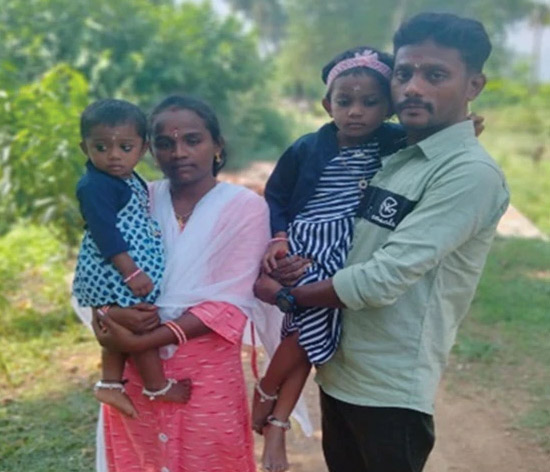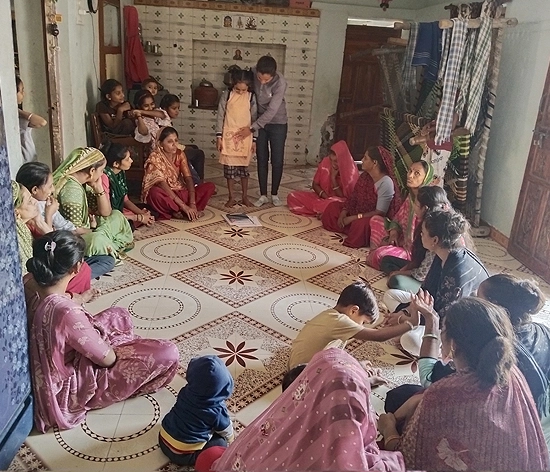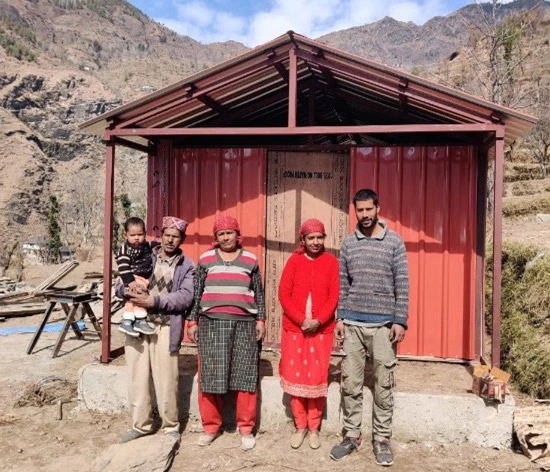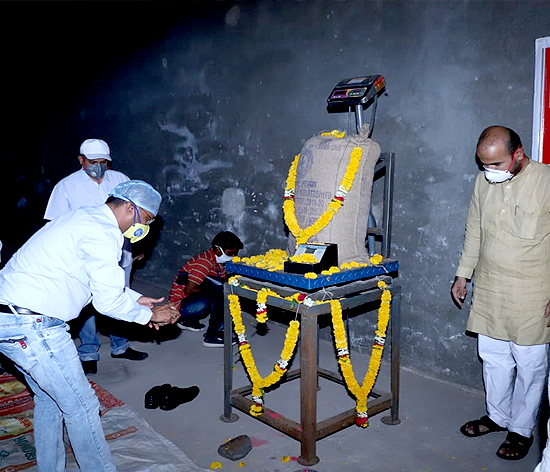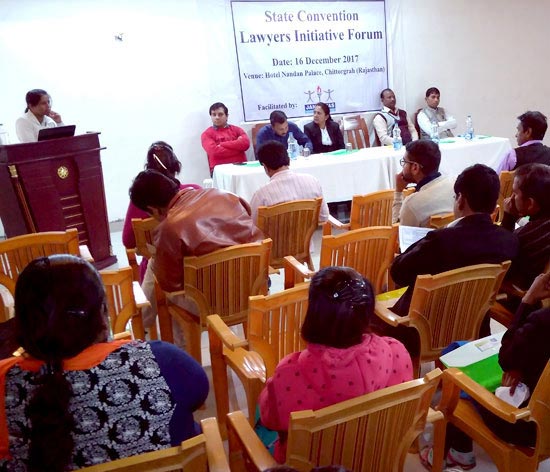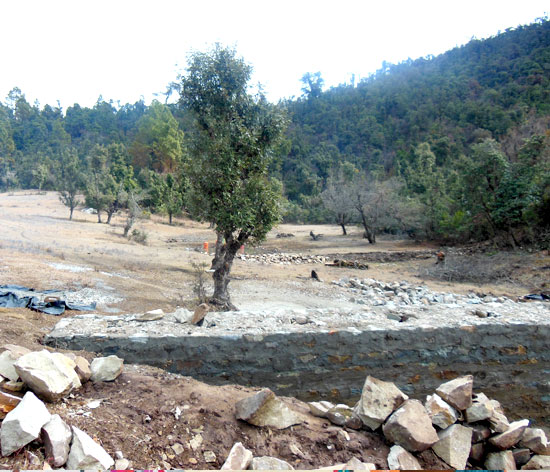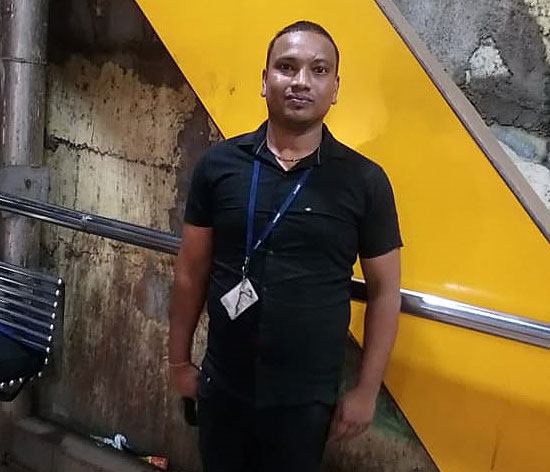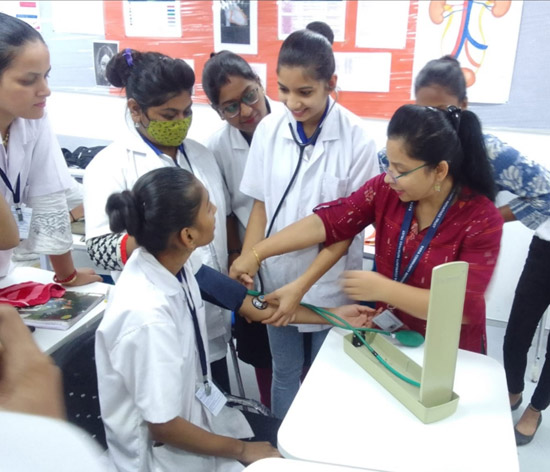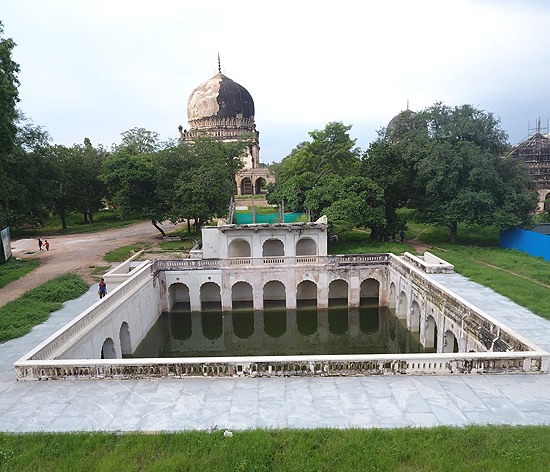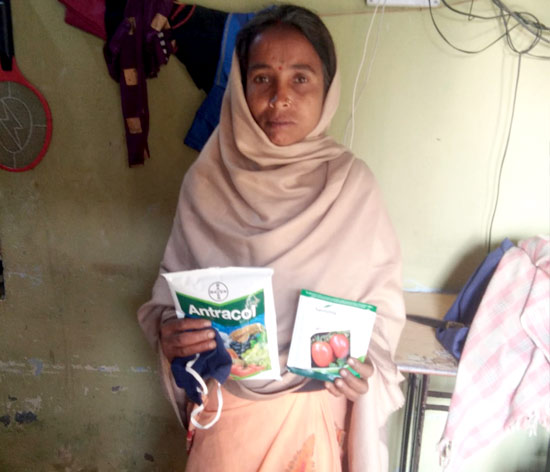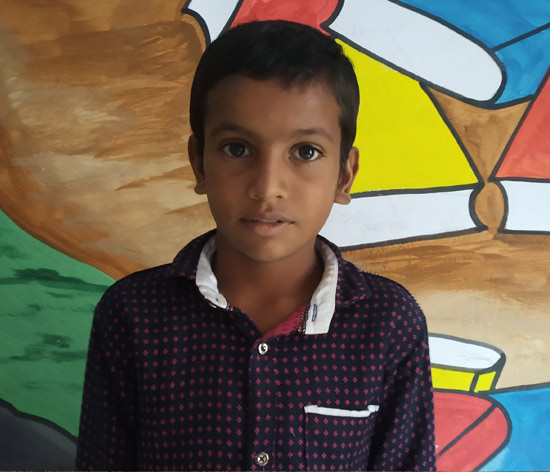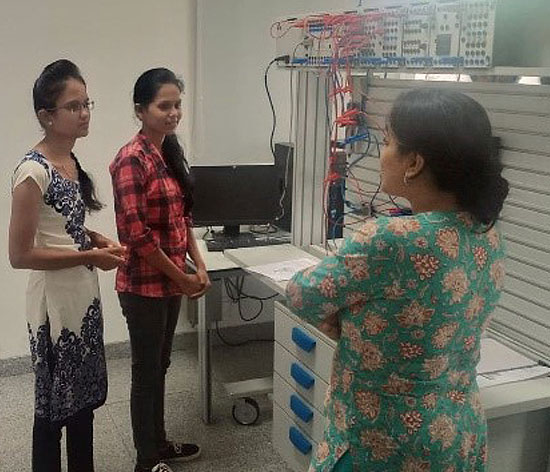Impact stories
Read all stories-

A lifeline at home: Shyam Sunder’s story of strength and support
With support from the Tata Trusts’ Cancer Care Programme, Shyam Sunder found treatment and hope close to home.
-
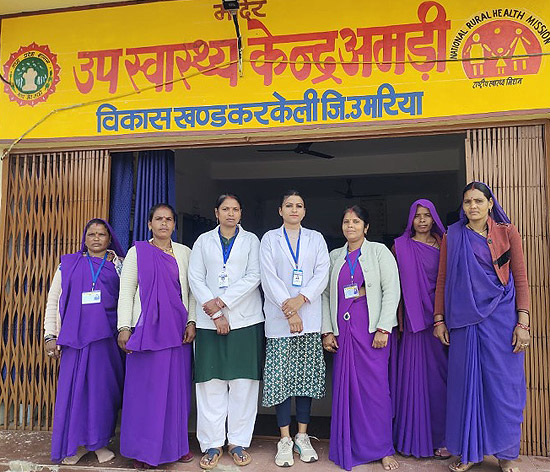
Supporting Grassroot Healthcare Workers
Pratima Singh, a Community Health Officer, has led a healthcare transformation in Amdi, Madhya Pradesh, by achieving National Quality ...
-
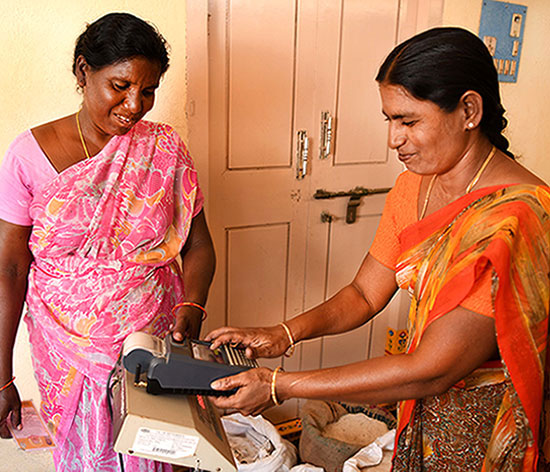
Tackling ‘hidden hunger’ in Andhra Pradesh
Tata Trusts’ rice fortification programme is bridging key nutrition deficiencies in Andhra Pradesh
-
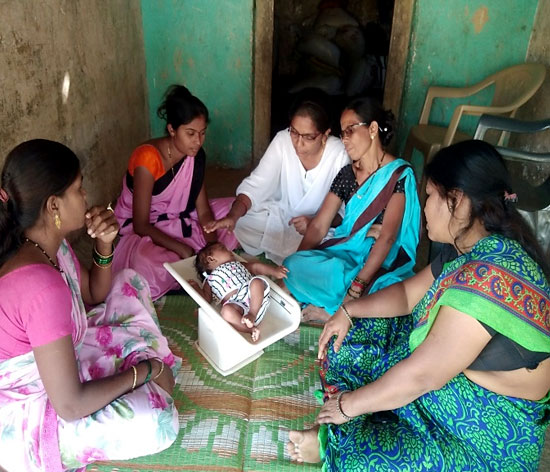
AAA warriors unite to combat malnutrition
Anganwadi workers, accredited social health activists and auxiliary nurse midwives — these are the AAA team whose concerted efforts ...
-

The holiest offering: How Vanageri made education its truest worship
When overcrowding left children studying in corridors, the villagers from this Karnataka village chose to invest their faith in ...
-

Bimba Pratibimba: Giving Stories a New Voice in Kannada
Introducing Bimba Pratibimba — a unique initiative that nurtures Kannada translators, bringing Indian stories to new readers, and planting ...
-
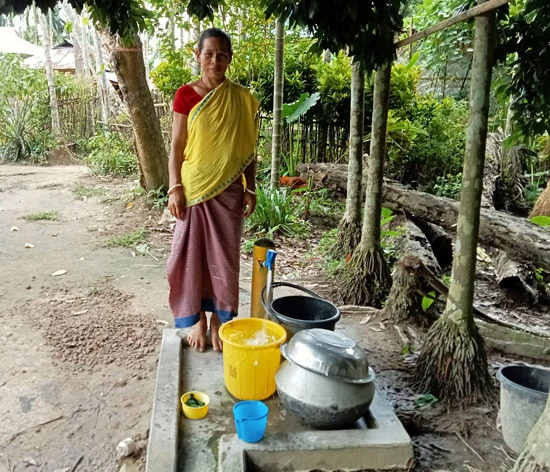
Iron Out, Health In: The Iron Treatment Plant Brings Safe Water to Biswarani
What once was a daily concern for Mina Rani Debbarma—access to safe water—is now a thing of the past. ...
-
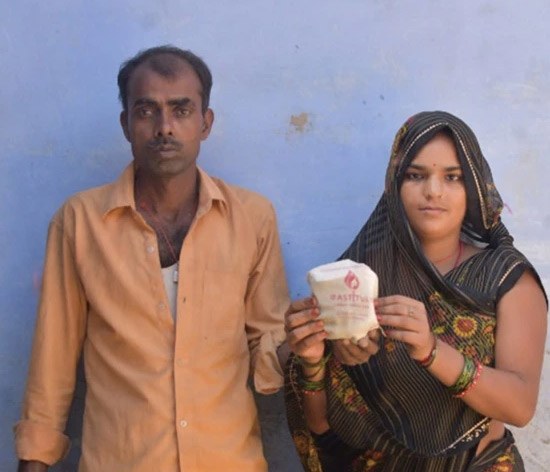
Advancing Menstrual Health in Rural Sasna
From ignorance to awareness, Gopal’s journey began when his wife Sheela’s silent struggles with menstrual health prompted him to ...
-

Seeds of Confidence
In Jadipani, Uttarakhand, smallholder farmer Reena is not just growing cabbages—she’s growing confidence, community, and a bright future
-
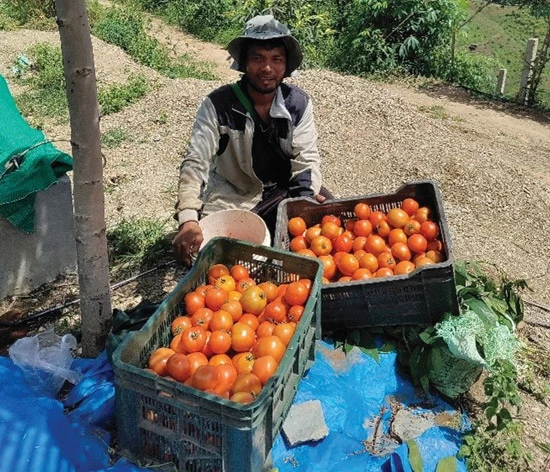
Zosangzuala’s Story of Growth and Transformation
A journey from traditional farming struggles to sustainable success, made possible through timely support and knowledge.
-
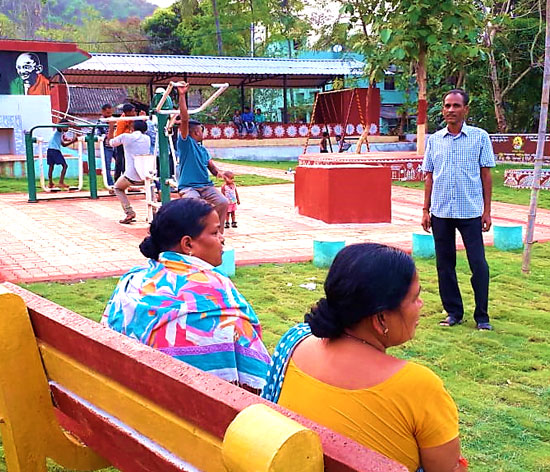
Slums transformed
Residents of Kathagada Parbatia Sahi slums in Odisha join hands with Tata Trusts and Jaga Mission to upgrade and ...
-
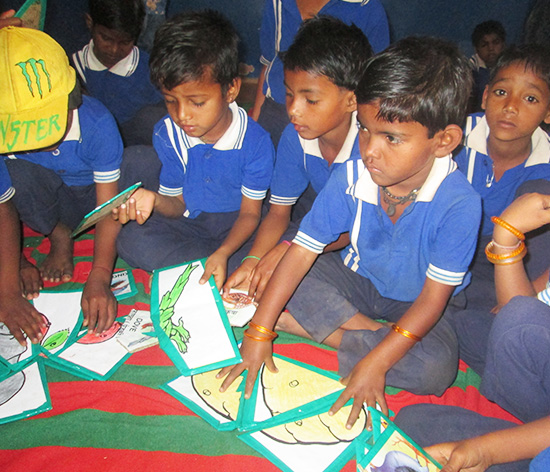
Quality of life improves one brick at a time
Mothers, infants and children at Rajasthan’s brick kilns access health services, meals and care through Tata Trusts’ Udaan Kendras
-
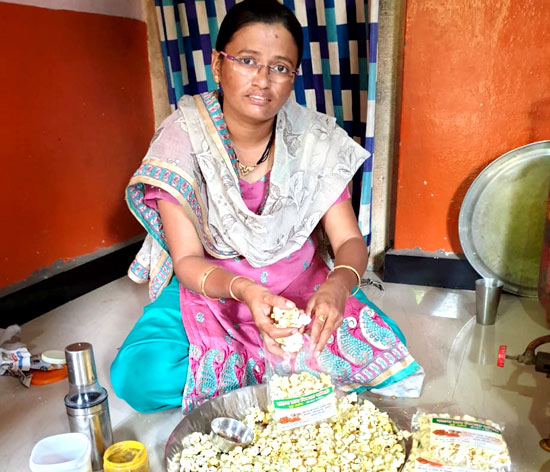
A friend to Asiya, the determined entrepreneur
The Internet Saathi initiative gave Asiya the confidence to diversify her little business on the Internet
-
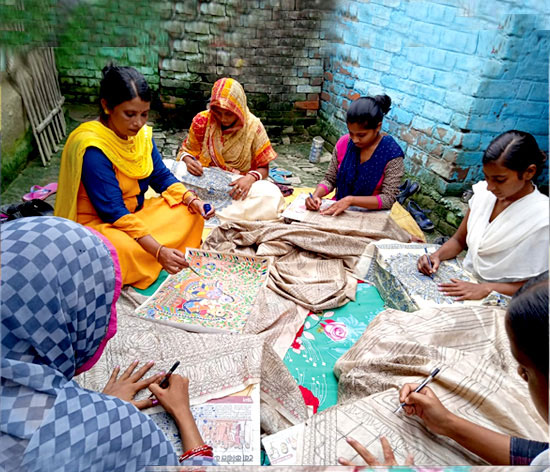
From village to the world wide web
Ragini Kumari learns to sell her Mithila paintings online, a first for her village, and inspires women to break ...
-
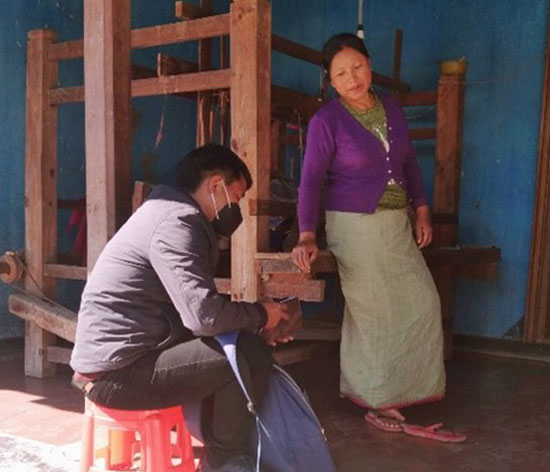
Sustainable alternatives for brighter futures
A Tata Trusts project in Manipur is enhancing economic growth through renewable energy
-
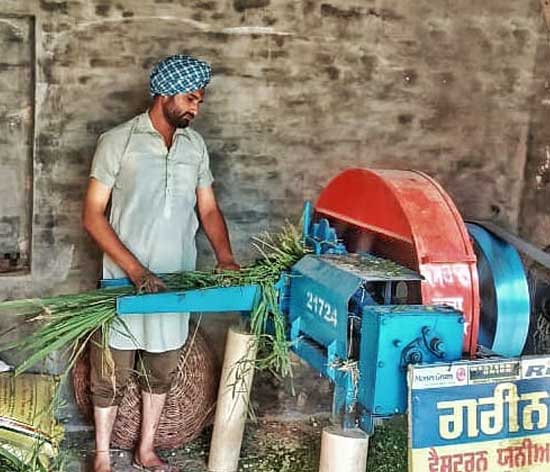
Straw tales: How crop residue management turns stubble into a valuable input
Air pollution, soil health and farm labour – the Happy Seeder initiative provides solutions to all three challenges
-
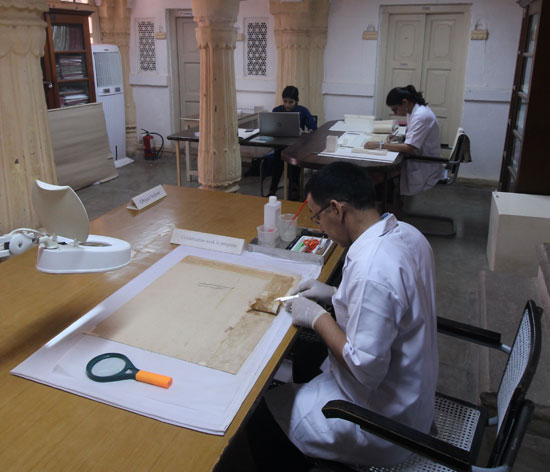
Evolving the field of art conservation
Preserving cultural heritage is a challenging task, one that requires more than just passion.
-
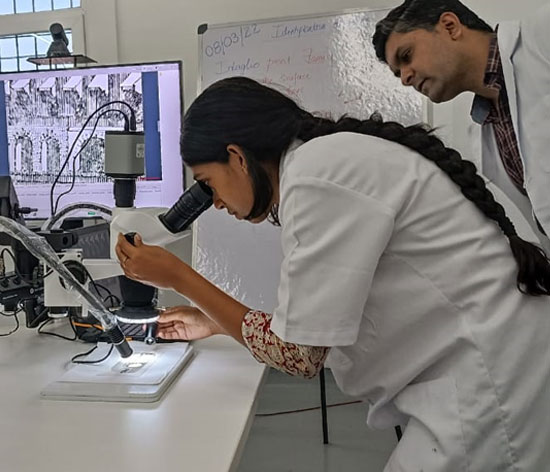
Training course in Conservation of Paper: Prints, Drawings and Maps
With the completion of the course, the five participant-conservators embark on internships to apply their newly acquired skills
-
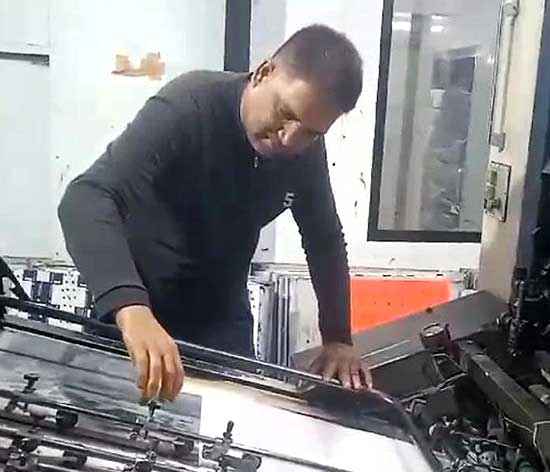
A Fresh Start for Mr. Walke
Aid from the Tata Trusts’ Individual Grants Programme enabled Pandharinath Walke to resume life with a prosthetic limb after ...
-
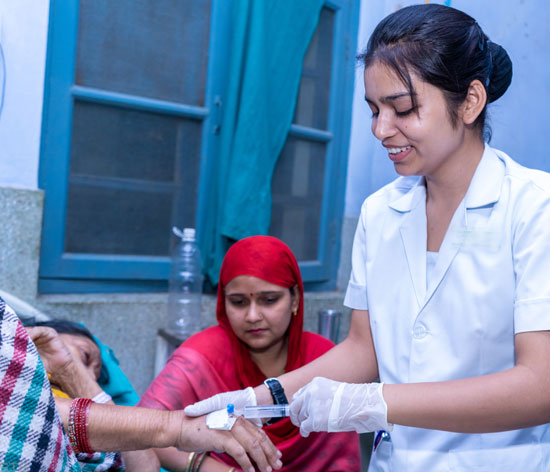
Lending a helping hand in medical emergencies
Access to healthcare can be a challenge for families with limited means. Tata Trusts helps such patients avail of ...
















